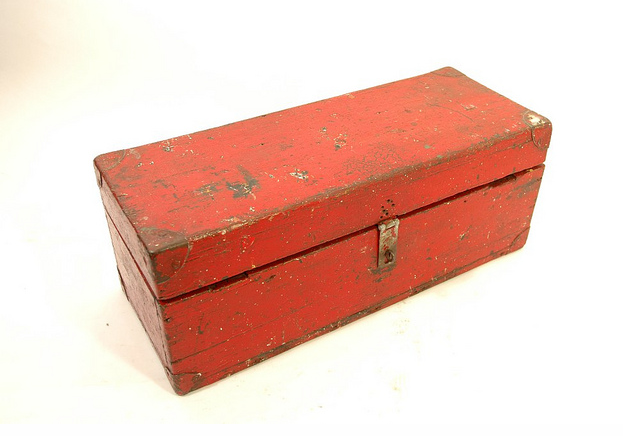by Karen Keller Capuciati
Here is a Top Five list I simply had to share — my favorite caregiver resources that I put together for Mary Underwood, Vice President of Memory Care and Resident Experience at the beautifully appointed Maplewood Senior Living in Westport, CT. Mary is putting together a resource library — books, CDs, DVDs, and websites — for professional and family caregivers alike.
It’s a thoughtful gesture on Mary’s part that will no doubt be highly useful. Knowing what resources are available is the first step in making one’s arduous caregiving duties go a little smoother.
It was not easy narrowing down the extensive list to only five resources, so stay tuned for more top picks.
- Eldercare Locator is a nationwide public service that connects aging Americans and their caregivers with community resources. Whether you’re looking for home-delivered meals, help dispensing medications, transportation to various appointments, adult day-care or respite programs, Eldercare Locator will help you find the resources available in your ZIP code. Visit eldercare.gov or call 800-677-1116.
- Health Journeys is a guided-meditation clearinghouse, offering CDs or downloadable meditations to assist with many of life’s health challenges. Fight Cancer, Healthy Heart, Successful Surgery, Ease Pain, Healthful Sleep are just a few of the available titles. These meditations provide the kind of supplemental support that we need to actively participate in our own health and recovery.
- The Patient’s Checklist: 10 Simple Hospital Checklists to Keep You Safe, Sane & Organized, by Elizabeth Bailey. The carefully detailed checklists and forms are the heart of Bailey’s book. Broken down into 10 sections, each with its own checklist, the book guides the reader through the essential points of any hospital stay and provides a bit of calm in the storm of hospitalization. Bailey’s checklists are practical, well considered and easy to follow, as evidenced by the section titles, i.e., Before You Go, What To Bring, During Your Stay, Master Medication List, Daily Medication Log, Daily Journal, Discharge Plan, Insurance, Doctor Contacts and Family & Friends Contacts. There is no doubt that Bailey’s book gets to the core of preventing medical errors by having patients take a significant role in their own medical care. Her “system” prompts patients to ask the important questions, to monitor their daily care, and to keep the communication between patient and the medical team open and fluid.
- MediGuard.org is a free, easy-to-use service that reviews the potentially dangerous interaction of the various drugs that your loved one may currently be taking. You provide a list of medications (prescriptions, over-the-counter drugs, vitamins, herbs, etc.), answer a few simple questions, and within minutes you’ll receive an informative report, in simple, straightforward language, alerting you to any potential problems regarding interactions of chemical substances. But the report goes further: it ranks the severity of the risk, notes the side effects for each individual medication, and points out the possibility of counterproductive interactions — when one prescription might be undermining the effectiveness of another.
- Final Gifts is an important book written by Maggie Callanan and Patricia Kelley, two hospice nurses. It explores the special language of people who are dying. We wished that we had known about it before our father passed on. I believe we could have provided him with tremendous comfort had we read Final Gifts before that time. I recommend the book to everyone who is curious about the mysterious end-of-life process.
Do you have any books, CDs or websites that you would add to this list? Feel free to share them with us in the comments below.
Karen Keller Capuciati is the Co-Founder of In Care of Dad.
Tags: caregiver burden, caregiver stress, caregiver tools, long distance caregiving






